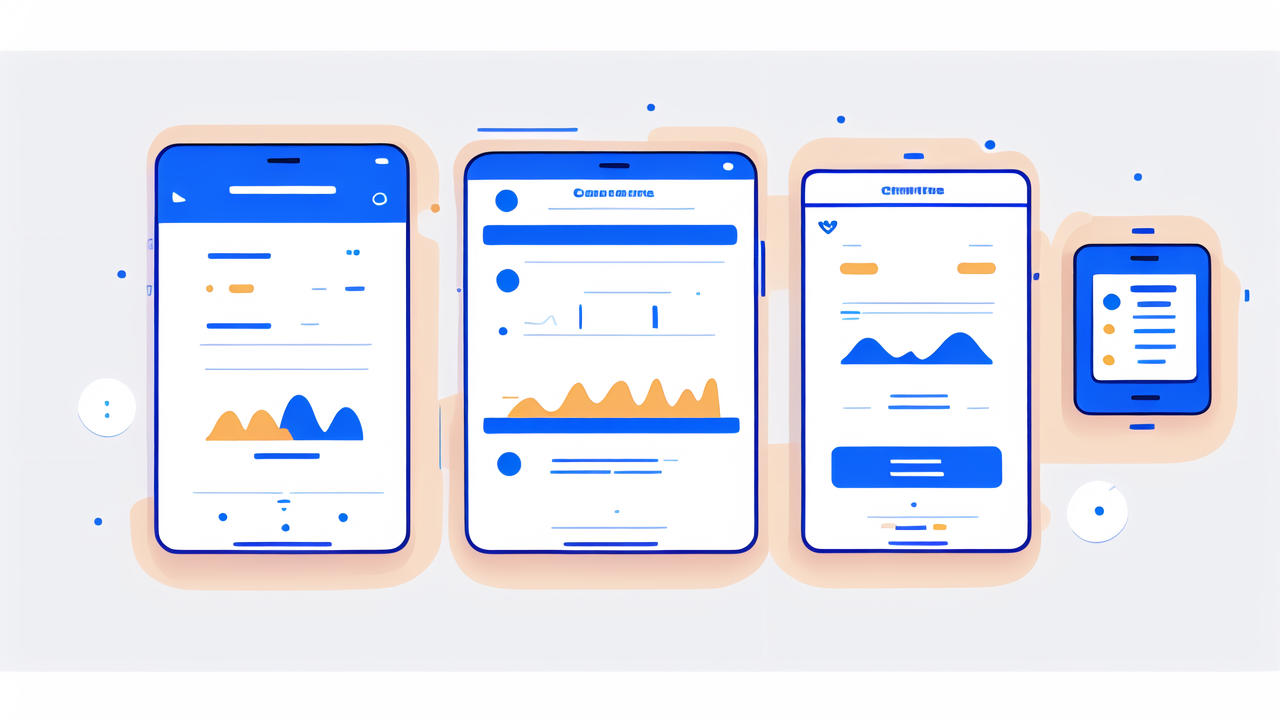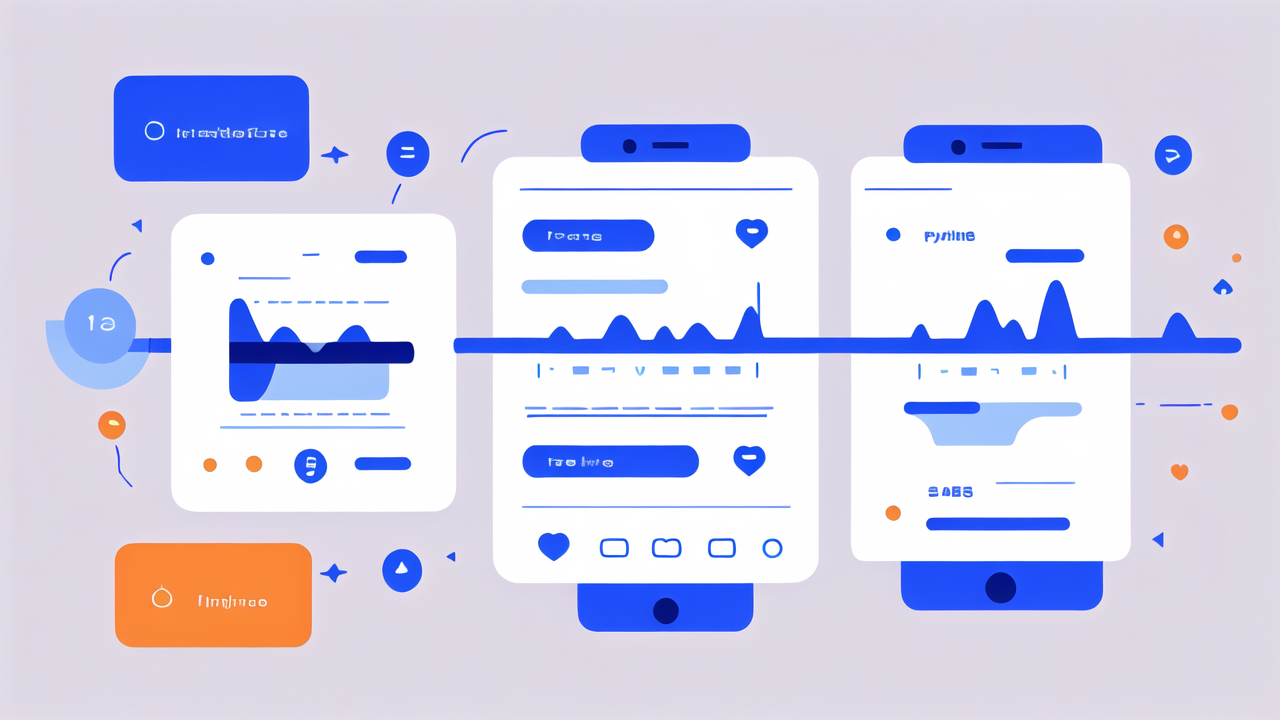The Emergence of Smart Watch Health Monitoring in the United States
Understanding the Evolution of Wearable Technology
Wearable tech has come a long way in recent years. Smart watches now offer more than just time-telling. They've become powerful health monitoring tools. These devices can track heart rate, sleep patterns, and activity levels. The journey began with simple pedometers. It has evolved into complex health trackers worn on our wrists. Companies like Apple, Fitbit, and Garmin have led this revolution. They've made health data accessible to everyone. Users can now monitor their vital signs with ease. This has changed how we think about personal health management.

Regulatory Landscape for Health-Focused Wearables
As smart watches gain more health features, regulations have had to adapt. The FDA has created guidelines for these devices. They classify some as medical devices, depending on their functions. This affects how companies can market their products. It also ensures that health claims are backed by evidence. The goal is to protect consumers while fostering innovation. Companies must navigate these rules carefully. They need to balance health benefits with regulatory compliance. This landscape continues to evolve as technology advances.
Key Players and Innovators in the US Market
The US market for health-focused wearables is competitive. Apple leads with its Apple Watch series. It offers features like ECG and fall detection. Fitbit, now part of Google, focuses on fitness tracking. Garmin caters to athletes with advanced metrics. Samsung's Galaxy Watch line combines style with health features. Each company brings unique strengths to the market. They compete on factors like battery life, sensor accuracy, and user experience. Startups are also entering the field with niche offerings. This competition drives innovation and improves products for consumers.
Clinical Applications of Smart Watches in Healthcare
Enhancing Patient Monitoring with Wearable Devices
Smart watches are changing how doctors monitor patients. These devices offer continuous data collection. This is especially useful for chronic conditions. Patients with heart issues can have their rhythms tracked 24/7. Those with diabetes can monitor glucose levels more easily. Doctors can spot trends and intervene early if needed. This reduces hospital visits and improves care quality. Wearables also empower patients to take charge of their health. They can see their data and make informed decisions. This leads to better engagement in treatment plans.

Smart Watches for Data-Driven Health Decision Making
The data from smart watches is revolutionizing healthcare decisions. Doctors can now access a wealth of patient information. This includes daily activity levels, sleep quality, and stress indicators. With this data, they can make more informed diagnoses. Treatment plans can be tailored to individual lifestyles. Patients can track their progress in real-time. This motivates them to stick to health goals. Insurance companies are also using this data. They offer incentives for healthy behaviors tracked by smart watches. This shift towards data-driven care is making healthcare more personalized and effective.
Integration with Healthcare Systems and IoT
Smart watches are becoming part of larger healthcare ecosystems. They can connect with electronic health records (EHR). This allows seamless data sharing between patients and providers. The Internet of Things (IoT) plays a big role here. Smart watches can interact with other devices at home or in hospitals. For example, they can trigger alerts on home monitoring systems. In hospitals, they can integrate with patient monitoring equipment. This creates a more connected and efficient healthcare system. It improves communication and coordination among care teams.
Challenges and Opportunities in Smart Watch Health Monitoring
Addressing Privacy and Security Concerns
As smart watches collect more health data, privacy becomes crucial. Users worry about who can access their information. Companies must ensure strong data protection measures. Encryption and secure storage are essential. There's also the question of data ownership. Users should have control over their health information. Regulations like HIPAA in the US aim to protect patient data. But as technology evolves, laws must keep pace. Balancing innovation with privacy protection is an ongoing challenge. Companies that prioritize user trust will likely succeed in this market.

Evaluating the Impact of Wearable Technology on Health Outcomes
The true value of smart watches in healthcare is still being assessed. Studies are looking at their impact on health outcomes. Early results show promise in areas like heart health monitoring. Users report increased awareness of their health habits. This often leads to positive lifestyle changes. However, more long-term research is needed. Questions remain about the accuracy of some measurements. There's also concern about over-reliance on these devices. The medical community is working to establish best practices. They aim to integrate wearable data into clinical care effectively.
Future Trends: Interoperability and AI in Wearable Health Devices
The future of smart watch health monitoring looks bright. Interoperability is a key focus. Different devices and systems need to work together seamlessly. This will create a more comprehensive health picture. Artificial Intelligence (AI) will play a bigger role. It can analyze vast amounts of data to spot patterns. This could lead to early disease detection and personalized health advice. We may see more advanced sensors in future devices. These could measure things like blood pressure or glucose non-invasively. As technology improves, smart watches will become even more integral to healthcare. They'll continue to bridge the gap between patients and providers.




Leave a comment
This site is protected by hCaptcha and the hCaptcha Privacy Policy and Terms of Service apply.